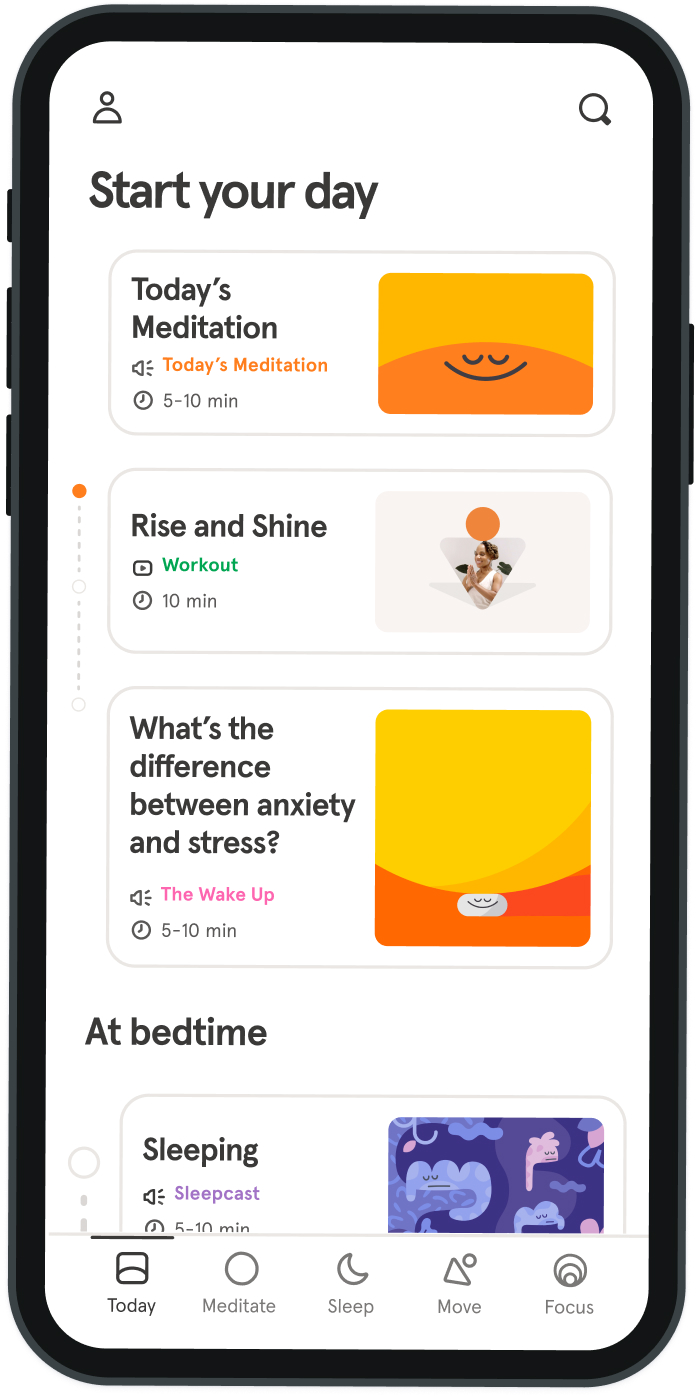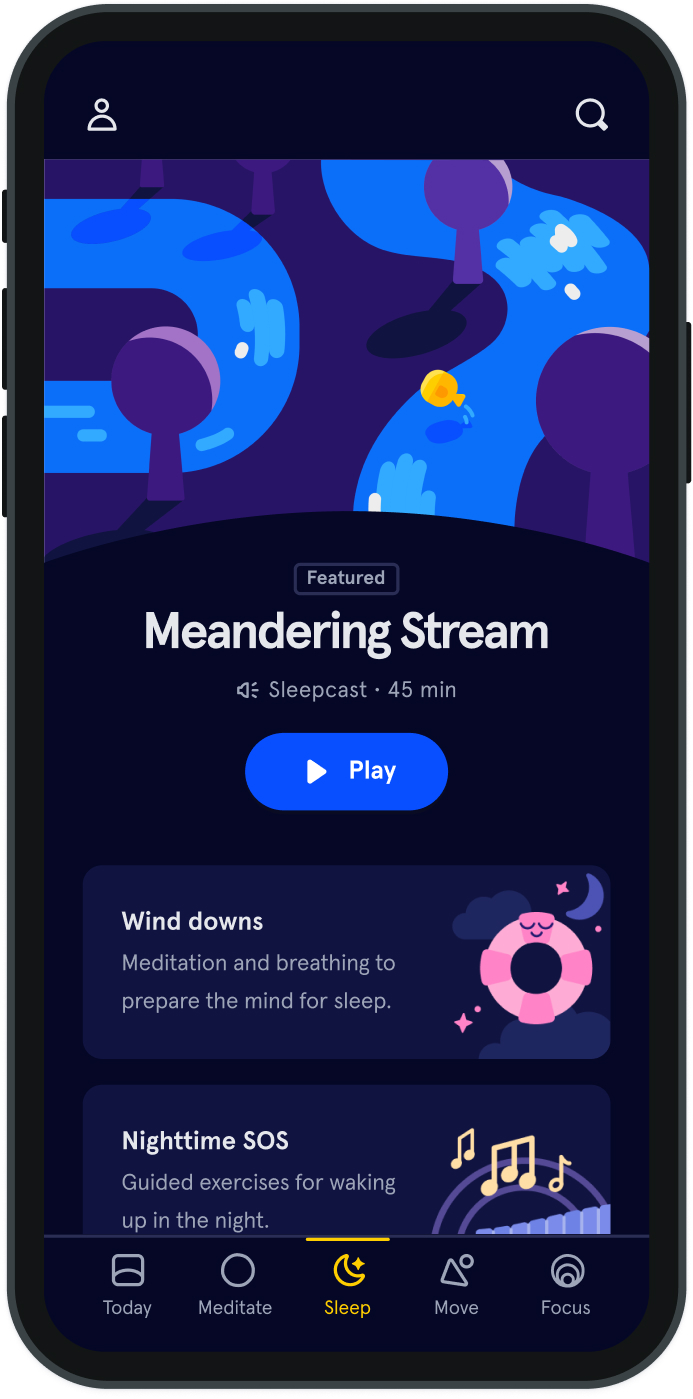Mindful Marauders: The rise of mental health in hip-hop
Hip-hop is having a watershed moment for mental health. In the last two years, some of the biggest rappers have peeled back the curtain on their personal lives to shine a light on their struggles with mental health issues.
Take Kanye West’s album “The Life of Pablo”, where he mentions both seeing a psychiatrist and taking Lexapro, an antidepressant used to treat depression and anxiety disorders. Or Kid Cudi, who publicly announced he’d checked into rehab for depression and suicidal urges, writing that “anxiety and depression have ruled my life for as long as I can remember and I never leave the house because of it.” Even rap veteran Jay-Z has advocated the importance of therapy in recent months. In the midst of hip-hop’s dive into mental health awareness, it’s perhaps unsurprising that many mainstream artists have also opened up about practicing meditation. Big Sean, Vic Mensa, Mac Miller, Earl Sweatshirt, J. Cole, and Drake, to name a few, have credited meditation as impacting areas of their lives and creative output.
And, of course, Def Jam Recordings label founders Rick Rubin and Russell Simmons attribute much of their success to meditation. “[T]he person I am was shaped by the experience of the years of meditation,” says Rubin, who produced albums for everyone from Beastie Boys to Kanye. “I feel like I can see deeply into things in a way that many of the people around me don't, or can't.” “Meditation is a guaranteed way to not only dip into, but stay connected with, your creative spirit,” echoes Simmons. “People have this misconception that meditation will chill you out and make you soft, but the opposite is true. I meditate every morning when I wake up and almost the second my session is over I’m eager to tackle whatever is on my plate for that day.”
But perhaps the rap game’s biggest meditation advocate is one that currently holds the title as Greatest Rapper Alive: Kendrick Lamar. Kendrick plugs meditation on four (!) of his tracks. Take these lyrics from "untitled 03 | 05.28.2013”:
Meditation is a must, it don't hurt if you try See you thinking too much, plus you too full of yourself Worried about your career, you ever think of your health?
In a 2016 interview for GQ Style, Kendrick elaborates on his meditation routine: “I have to have at least 30 minutes to myself,” he says. “If it's not on the daily, every other day, to just sit back, close my eyes, and absorb what's going on. You know, the space that I'm in [and] how I’m feeling at the moment.”
Kendrick cites the frenetic busyness of his career as a motivator to practice being more present. “When you in music—and everybody knows this—the years are always cut in half, because you always have something to do,” he says. “It just goes and then you miss out on your moment because you're so in the moment you didn't know the moment was going on.” After realizing that music was consuming his thoughts and attention, Kendrick turned to meditation for time and space away from his work: “That 30 minutes helps me to totally zone out and not think about my next lyric. You know? It gives me a re-start, a jump start, a refresh. It lets me know why I'm here, doing what I'm doing.” Competition is ingrained in hip-hop’s DNA; there’s tremendous pressure to claim the “best rapper alive” throne by breaking the mold on verbal gymnastics, pushing artistic boundaries, and resonating with audiences through culture and emotion. Slap on deadlines from record labels, plus scrutiny and sensationalism from the public eye—it’s a paralyzing weight for anyone to endure.
“There's a great deal of bullshit that people think about when they make music, things that don't matter,” Rubin says. “[Meditation] kind of wipes that away, and you focus on the real job at hand, as opposed to thinking about what the management wants, or what the record company's saying, or what somebody at a radio station might think.” While the dusty notion that hip-hop is all about cars, money, and clothes may still ring true for certain acts, there’s no denying that the genre has evolved. By unmasking both the stigmas attached to mental health issues and stereotypes about meditation, the rap game is well set up for a healthier and happier road ahead—for artists and fans alike.

“There's a great deal of bullshit that people think about when they make music ... [Meditation] kind of wipes that away. —Rick Rubin
Alex Pompliano


Be kind to your mind
- Access the full library of 500+ meditations on everything from stress, to resilience, to compassion
- Put your mind to bed with sleep sounds, music, and wind-down exercises
- Make mindfulness a part of your daily routine with tension-releasing workouts, relaxing yoga, Focus music playlists, and more
Meditation and mindfulness for any mind, any mood, any goal

Stay in the loop
Be the first to get updates on our latest content, special offers, and new features.
By signing up, you’re agreeing to receive marketing emails from Headspace. You can unsubscribe at any time. For more details, check out our Privacy Policy.
- © 2025 Headspace Inc.
- Terms & conditions
- Privacy policy
- Consumer Health Data
- Your privacy choices
- CA Privacy Notice
